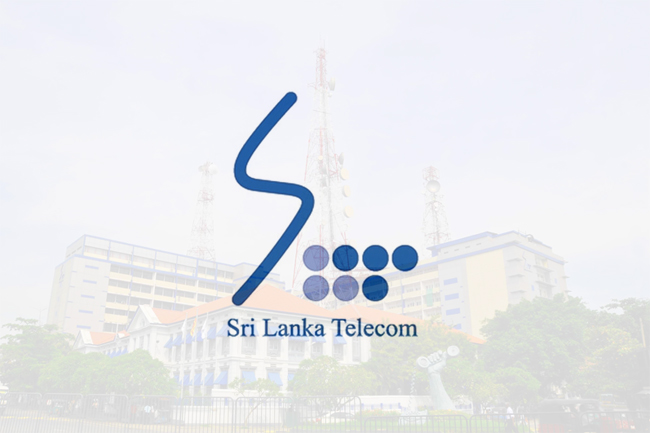Privatizing SLT detrimental to national security: Sectoral Oversight Committee
June 9, 2023 10:59 am
The Sectoral Oversight Committee (SOC) on National Security has issued recommendations against the privatization of Sri Lanka Telecom PLC, citing the possible leakage of matters sensitive to national security.
This was mentioned in a report titled “The Effects of Privatization of Sri Lanka Telecom on National Security”, presented to the parliament by the committee’s chairman MP Sarath Weerasekara today (June 09).
Sri Lanka Telecom – the national information and communications technology solution provider and the leading broadband and backbone infrastructure services provider in the country – is already partially privatized with international companies holding 44.98% of the stake and the government holding 49.5%.
Thus, further privatization would expose the country’s critical communication infrastructure/sensitive information to private entities whose profit-oriented interests can compromise national security, the SOC opined.
Pointing out that SLT fixed connections are provided to diplomatic missions, high-level public sector cooperates, businesses, defence services, and the police, the SOC noted that there is a high risk of information of ‘important subscribers’ getting leaked out, if the company is privatized. “Voice and data could be passed to a third party both locally and overseas.”
It the privatization move goes ahead, the SOC said the government would lose control and will be impossible to understand which subscribers are tapped and monitored and the call detail records of VVIPs and security agencies can be easily extracted from billing systems/network elements and passed to wrong hands.
The committee went on to note that in the mobile network, without the knowledge of the user, the private operator can also do geo fencing (allow or disallow certain areas), know the location of SIM card user, track the path, get browsing data, switch off a mobile device remotely using MDM software.
The SOC report stresses that the government must ensure that non-state actors do not have easy access to vital information that can be detrimental to national security. “National Security is not only the protection against military attack, but it involves non-military dimensions such as economic security, energy security, food security, etc. and most importantly cyber security.”
Further, a successful cyber attack on telecommunications could disrupt service for thousands of phone subscribers, deny internet to millions of customers, cripple business, shut down government operations gravely affecting the national security.
The committee says private companies may not commit funds to ensure adequate counter measures cyber attacks (such as firewalls, electronic surveillance and access control devices) as national security is not their priority. “Private companies have a legal obligation to maximize profits for their shareholders and as such will not operate in the public interest.”
In its recommendations, the SOC said any individual or organization that is blacklisted or has helped terrorists or extremists in any form, should not be allowed to buy any share and have any control over the country’s national assets.












